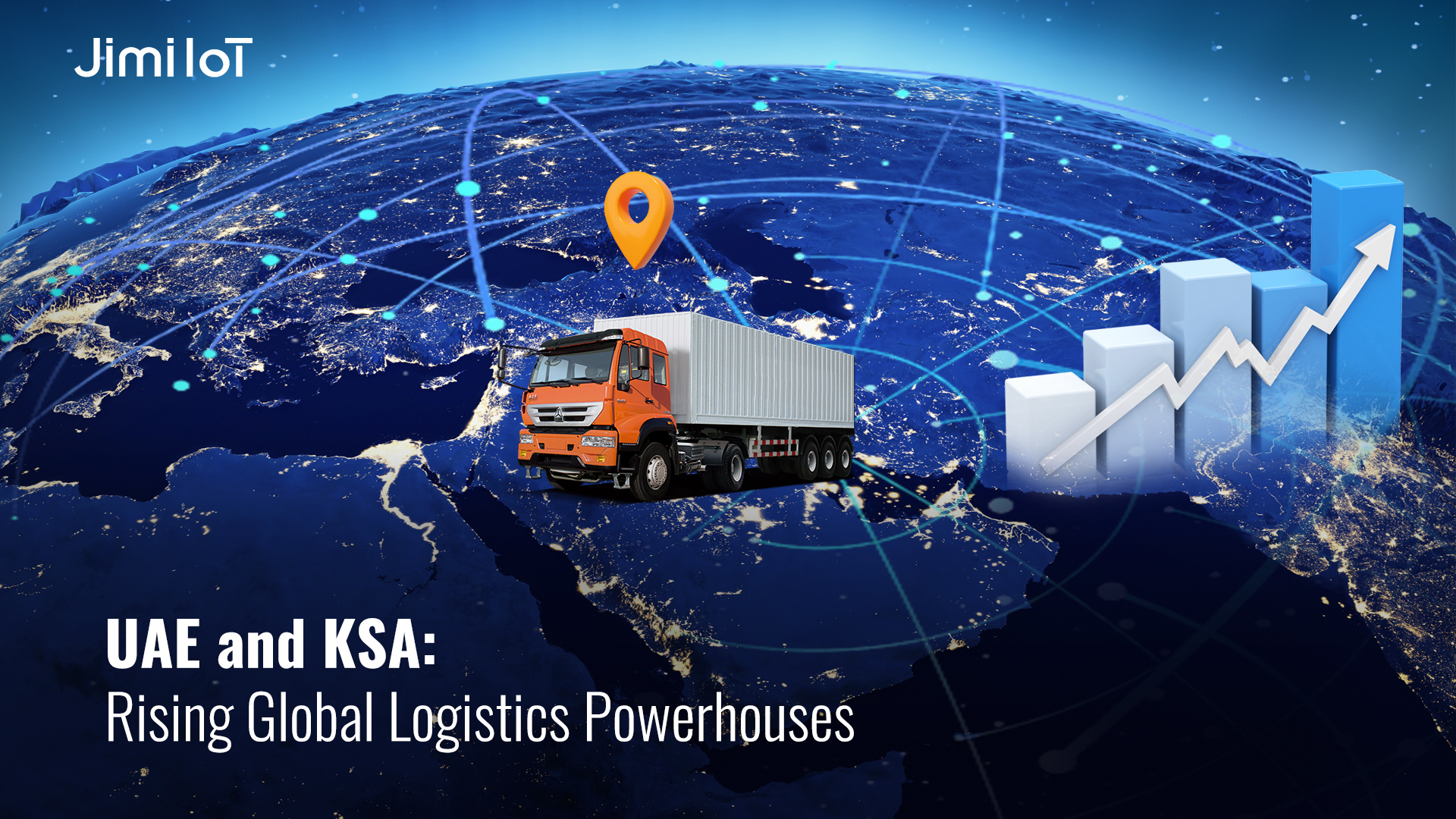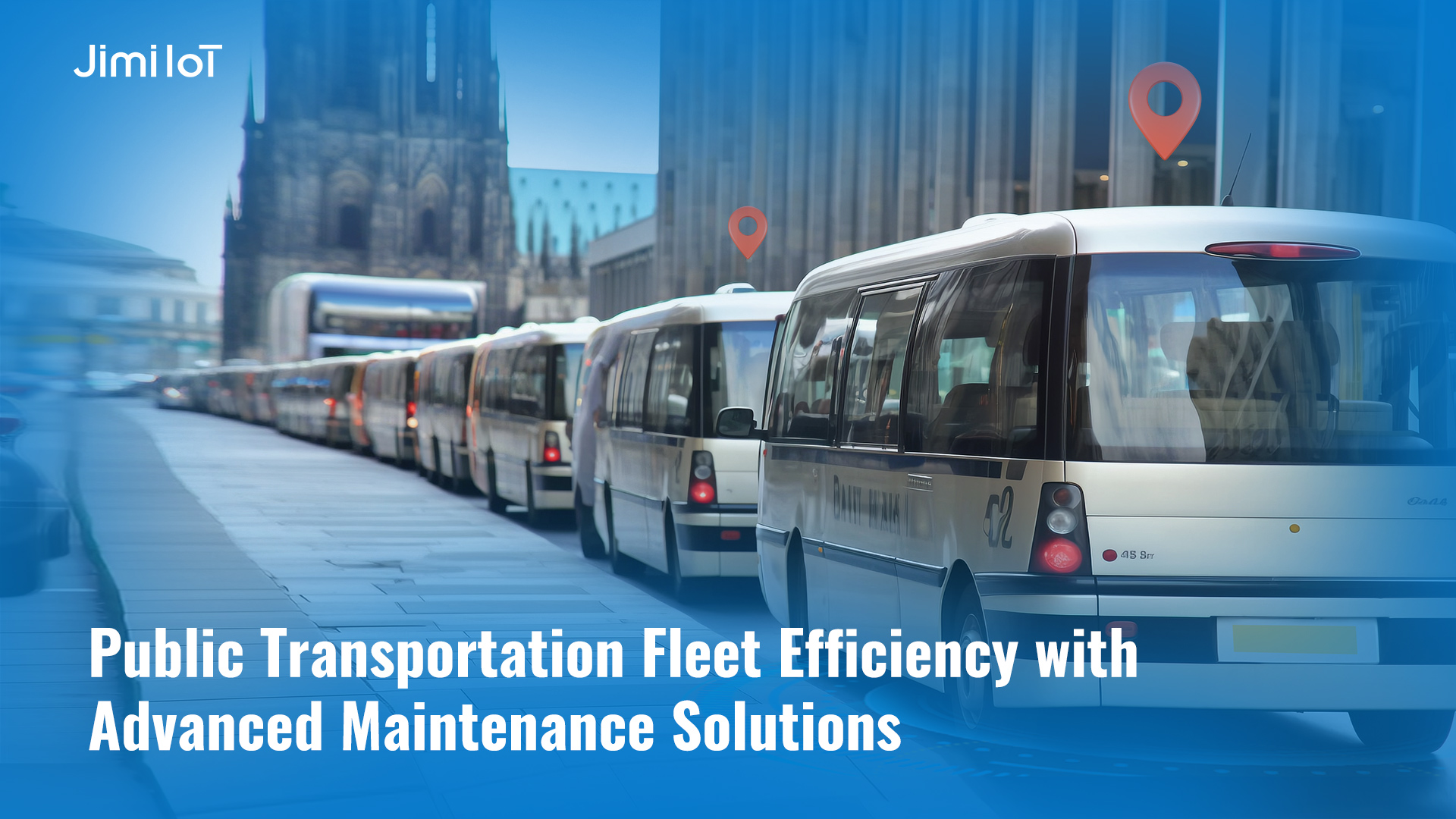Introduction
Since the discovery of oil and natural gas in the mid-20th century, the Middle East has centered its economy around the fossil fuel industry. However, in recent years, nations in the region have made a conscious shift towards diversifying their economies by investing in other sectors, particularly technology and trade. This transformation signals a forward-thinking approach to long-term economic sustainability and growth.
Among the industries experiencing significant expansion is logistics. Historically, the Middle East has always been a pivotal hub for trade between Asia, Europe, and Africa due to its strategic location, bordering both the Persian Gulf and the Red Sea. Today, countries like the United Arab Emirates (UAE) and the Kingdom of Saudi Arabia (KSA) are capitalizing on this geographical advantage by building integrated logistics networks that include maritime, air, and inland transportation, along with advanced warehousing and digital systems, aiming to solidify their role as essential players in global logistics.

Saudi Arabia’s Path to a Global Logistics Hub
Saudi Arabia’s Vision 2030 exemplifies its strategy to reduce dependence on oil by enhancing various industries, including logistics. The plan highlights market liberalization, privatization, infrastructure improvements, and the creation of special economic zones. Logistics is a core pillar of this initiative, with the aim to streamline processes and significantly boost trade.
In recent years, the logistics market in Saudi Arabia has been recognized as one of the most dynamic in the MENA and GCC regions, with substantial growth already achieved. Continued investments and reforms are expected to drive steady expansion, pushing the market’s value toward significant new milestones over the next few years. This growth is fueled by ongoing infrastructure upgrades and a focus on modernizing the supply chain.
Major Investments in KSA’s Logistics Sector
Saudi Arabia has committed over USD 106.6 billion towards developing its logistics infrastructure, resulting in enhanced capacity for land, air, and sea cargo. In 2023 alone, the Saudi Port Authority (SPA) invested USD 4.5 billion into maritime logistics and port infrastructure, aimed at establishing new logistics parks equipped with state-of-the-art technologies. The Oxagon, a floating industrial hub located in NEOM, and the King Salman Energy Park (SPARK) are also key parts of the logistics strategy, featuring advanced facilities powered by clean energy.
Saudi Arabia’s ports are crucial to its logistics ambitions. Key ports include King Abdulaziz Port in Dammam, Jeddah Islamic Port, and the King Fahd Industrial Port, which handles petrochemical cargo. Additionally, the Riyadh Dry Port enhances connectivity between the country’s coastal cities and inland regions.
Air transport is also pivotal to Saudi Arabia’s logistics goals. With access to over 81 airports in 45 countries, KSA’s air cargo sector is expanding, and by 2030, it aims to increase total air cargo capacity to 6 million tons annually.
The rise of e-commerce is significantly increasing the demand for improved warehousing and last-mile delivery services in Saudi Arabia. The warehousing sector is on a strong growth trajectory, with expectations of reaching a substantial market value in the coming years. This expansion is supported by advances in inland transportation, such as the introduction of electric trucks and major projects like the Saudi Landbridge, a 950-kilometer rail line that will connect the Red Sea and the Arabian Gulf, enhancing the country’s overall logistics capacity.
UAE’s Drive for Logistics Leadership
As of 2024, the UAE’s logistics market is valued at USD 20.03 billion and is expected to grow to USD 27.51 billion by 2029, reflecting a CAGR of 6.55%. This growth is fueled by the UAE’s business-friendly policies, investment in free trade zones, and incentives aimed at attracting foreign investments.
E-Commerce Driving Innovation in UAE Logistics
E-commerce has played a significant role in reshaping the UAE’s logistics industry, particularly in terms of how goods are stored, moved, and delivered. To meet increasing consumer demands for fast deliveries, companies are embracing technologies such as route optimization, real-time tracking, and warehouse automation to improve efficiency and ensure timely delivery.
UAE’s Strategic Infrastructure Developments
Dubai’s Jebel Ali Port, the world’s largest man-made harbor, and Dubai International Airport, one of the busiest in terms of passenger traffic, are cornerstones of the UAE’s logistics infrastructure.
The logistics sector accounts for 14% of the UAE’s GDP as of 2024, supported by projects such as the USD 3.5 billion Al Mafraq-Al Ghuwaifat road project, which is improving connectivity across the region. Dubai South, home to the future world’s largest airport, Al Maktoum International, further solidifies the UAE’s position as a global logistics leader. Dubai Logistics City (DLC) provides advanced warehousing, freight forwarding, and distribution facilities, leveraging its proximity to both Al Maktoum Airport and Jebel Ali Port to enhance supply chain efficiency.
Abu Dhabi’s Khalifa Port is another key infrastructure project, designed to accommodate the largest container ships. The UAE is also investing in rail development, with the Etihad Rail project set to revolutionize freight transport by connecting major logistics hubs across the region.
Free trade zones like Jebel Ali Free Zone (JAFZA) and Dubai South Free Zone provide additional support to the logistics sector through tax exemptions, full foreign ownership, and streamlined regulations.
Addressing Challenges in the Middle Eastern Logistics Sector
While KSA and the UAE are making tremendous strides towards becoming global logistics hubs, there are challenges they must overcome. Key challenges include:
- Technology Adoption: Logistics firms must integrate new technologies like blockchain, robotics, and IoT to keep pace with global standards, though issues such as high costs and data security concerns may slow adoption.
- Skilled Labor Shortage: The logistics industry requires more skilled labor, particularly in supply chain management and warehouse operations. The region needs to focus on training programs to build this workforce.
- Logistics Integration: A fully integrated supply chain, linking trucking, rail, air, and sea transport with warehousing, is crucial for efficiency. Current fragmentation poses risks such as delays and disruptions.
- Sustainability: The demand for sustainable logistics practices is rising, but balancing sustainability with cost efficiency remains a challenge.
- Geopolitical Instability: Regional instability and piracy pose risks to supply chain security, requiring careful risk management and strategic partnerships.
Both Saudi Arabia and the UAE are poised to offer unique opportunities in the global logistics arena by addressing these challenges and enhancing their infrastructure, regulations, workforce, and technology adoption.
Why JimiIoT
JimiIoT is a global leader in innovative IoT solutions. We provide cutting-edge hardware and software tailored to enhance efficiency and connectivity. Our range of products includes advanced GPS tracking devices, asset management solutions, smart vehicle dashcams, and telematics platforms. With a focus on technological excellence and customer satisfaction, we empower businesses to optimize operations and gain valuable insights from data-driven analytics. Trust JimiIoT to drive positive change and unlock growth opportunities in the digital age.
If you would like more details, please visit Facebook, LinkedIn, INS, and Twitter pages for further information.
 US
US ES
ES PT
PT TH
TH VN
VN JP
JP



